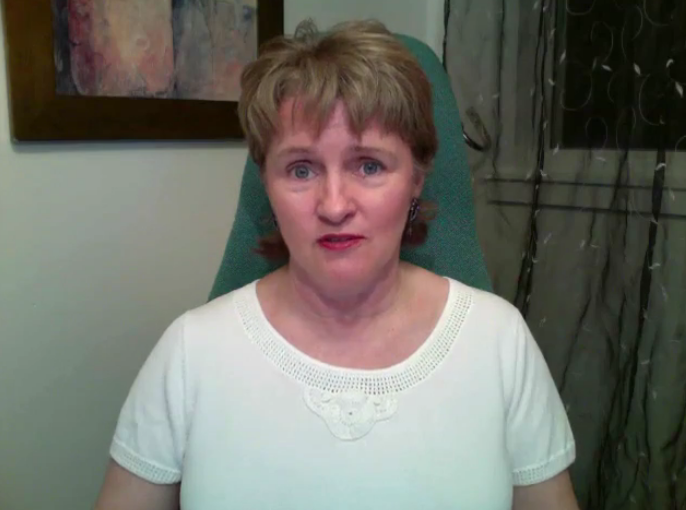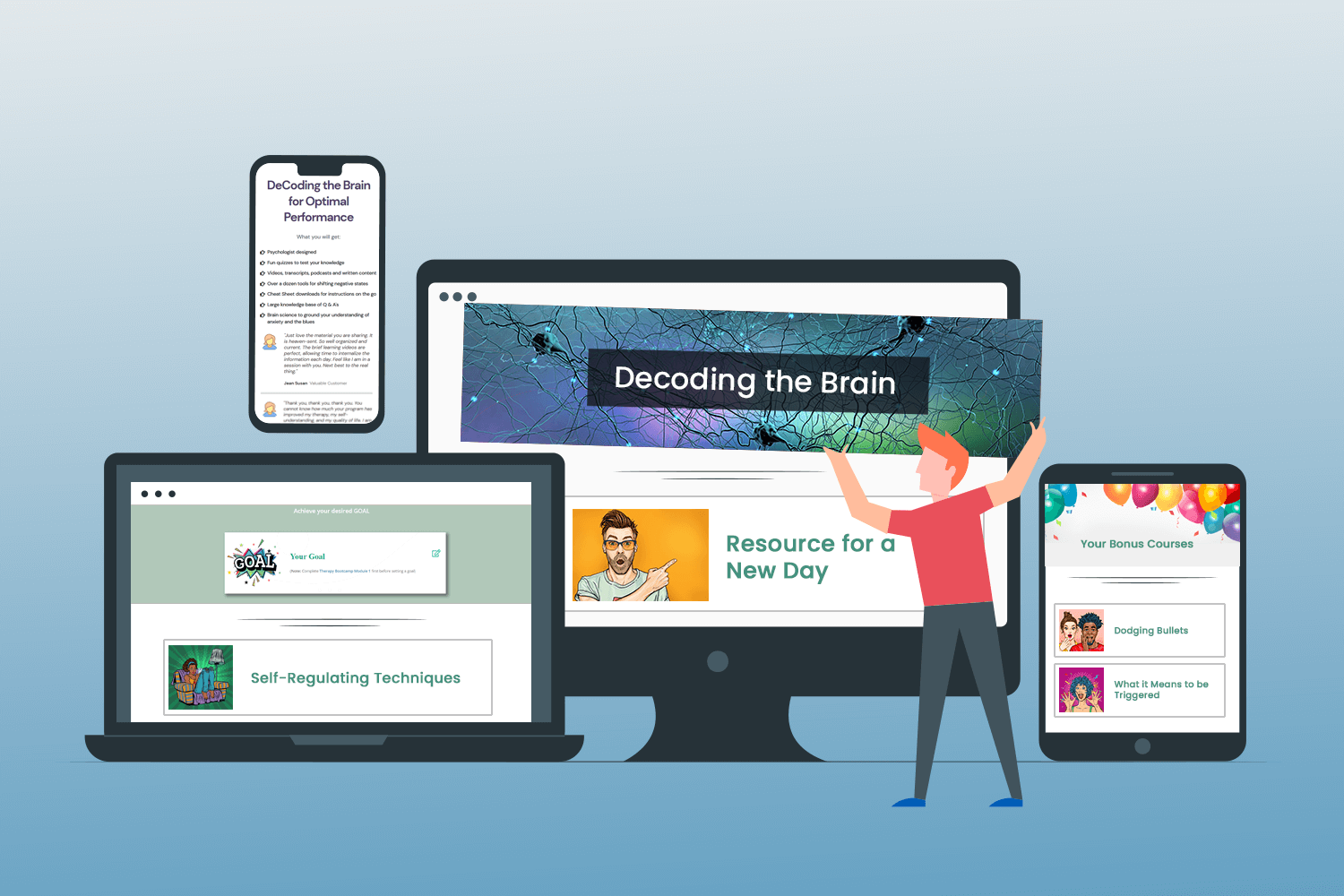Sorry for the bother

We recently moved the myShrink site but a few articles got left behind
Not to worry – the elves are working overtime, so it won’t be long now.
In the meantime, here’s some of our most popular pages:
It did occur to me after I put in these links that they're rather "choice" topics given this is a 'sorry for the bother' page. No disrespect to your current state of mind intended 🙂



